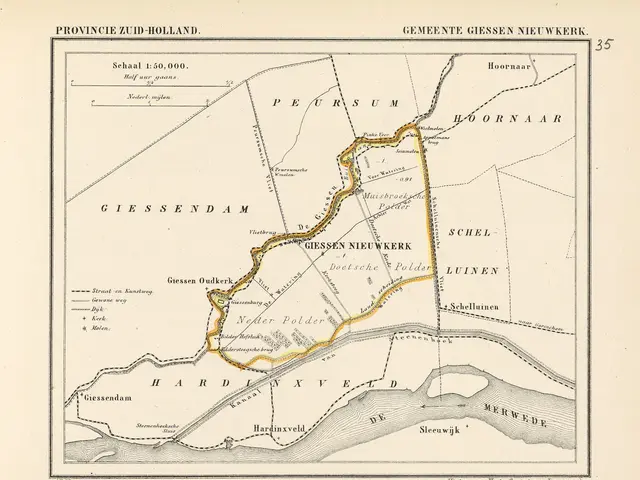Pushing National Education Voucher Program Advancement by Trump Administration
National voucher plans for private school education are now on the table as part of a significant tax bill currently under consideration by the Senate. If passed, the program would be available to children from households with incomes below three times the median gross income in their area, making it accessible to the majority of students to help cover private school expenses.
However, it's important to note that the program would have a funding cap, and qualifying for a voucher is not a guarantee of receiving one. The proposed plan relies on individual taxpayers donating their own money to fund vouchers, with the federal government renouncing up to $5 billion annually in tax revenue to encourage these donations.
Critics argue that the evidence supporting the academic benefits of voucher programs is inconclusive. A study by Michigan State researcher Josh Cowen indicates that early, targeted voucher programs showed some academic improvement, but as they've grown in size and become less focused, those benefits have decreased. On the other hand, some studies show that students who persist in voucher programs may eventually catch up academically, and there is evidence suggesting voucher students might be more likely to graduate from high school and even college.
It's also worth noting that voucher programs can lead to improvements in public schools as they create competition. However, public school advocates argue these benefits are minimal compared to the potential risks, which include:
- Civil and disability rights loss: Students in voucher programs often lose legal protections they had in public schools.
- Diversion of public funds: Voucher programs divert funds from public schools, potentially leading to reduced resources and increased financial strain.
- Increased segregation: Voucher programs can increase segregation by race, income, and ability as private schools often selectively admit students.
- Lack of transparency and accountability: Private schools receiving public funds often lack the transparency and accountability mechanisms required of public schools.
In conclusion, while some argue that voucher programs can drive competition and potentially improve outcomes, they are often criticized for harming public education and exacerbating existing inequalities.
- The government's proposed education-and-self-development policy, which includes national voucher plans for private school education, is currently under deliberation in the Senate, part of a significant tax bill.
- The unexpected influx of general news has shed light on the potential risks of voucher programs, such as civil and disability rights loss, diversion of public funds, increased segregation, and lack of transparency and accountability in private schools receiving public funding.
- Despite the claims of proponents advocating for education and politics that voucher programs can drive competition and potentially improve outcomes, critics frequently assert that these policies can harm public education and exacerbate existing inequalities in policy-and-legislation.








